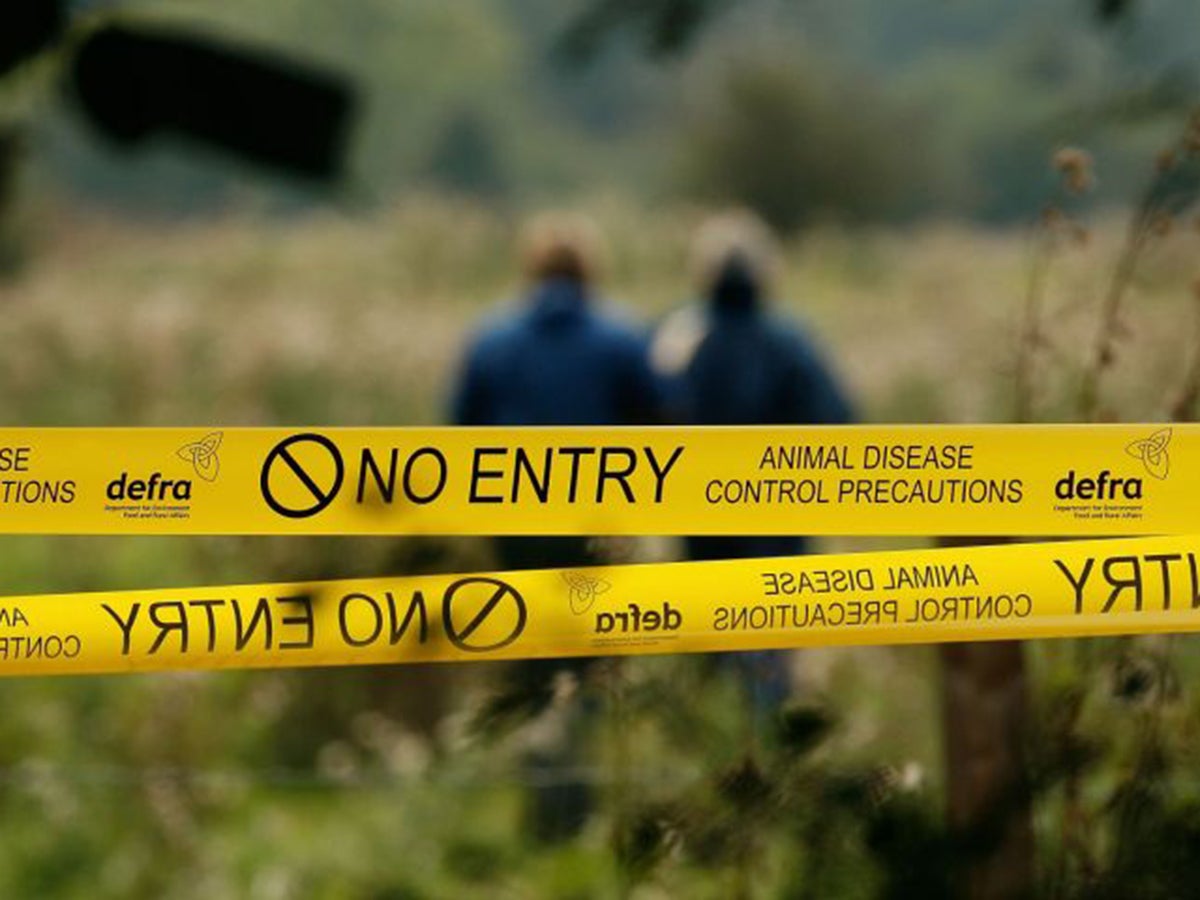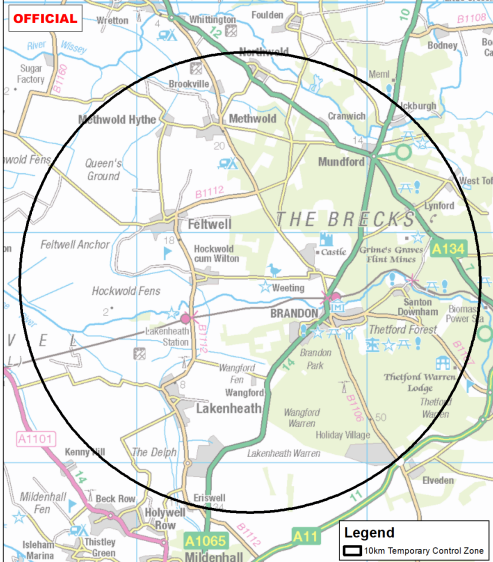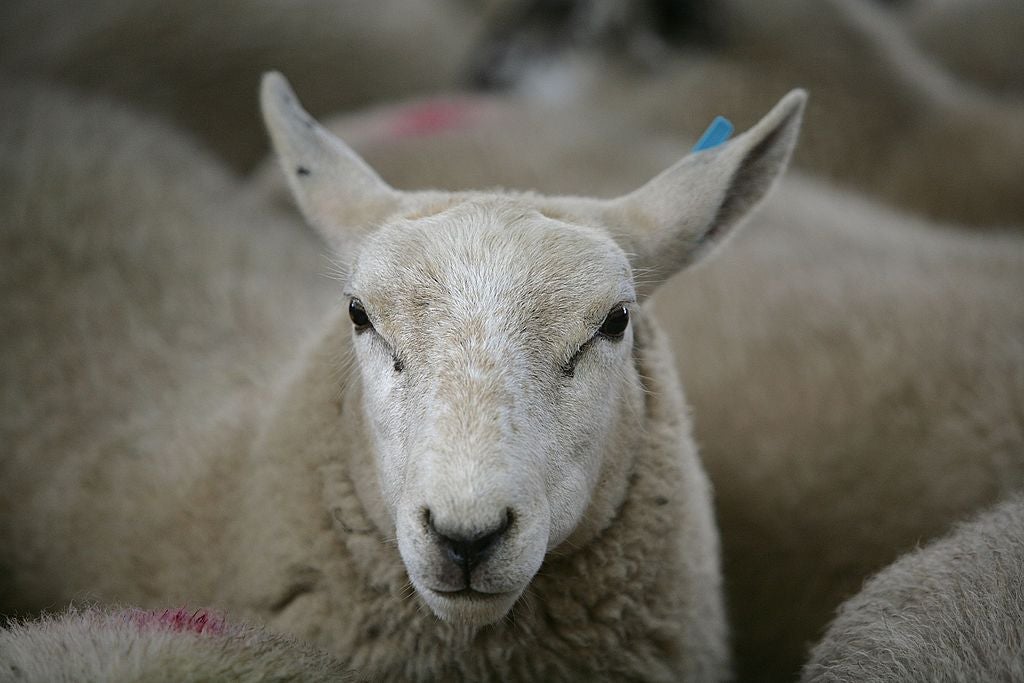
A suspected case of foot and mouth disease has been identified prompting enforcement of a controlled zone on a Norfolk farm, the government has confirmed.
A statement released by Defra said: “Following suspicion of vesicular disease in pigs, and as a precaution to prevent the spread of disease, a 10km temporary control zone has been declared around a premises near Feltwell,” the statement said.
“The premises remains under restrictions pending further tests,” it added.
NFU East Anglia regional director and former National Pig Association chief executive Zoe Davies said that the control zone is precautionary at this stage.

“We are waiting, keeping everything crossed and praying it isn’t what they suspect it is,” Dr Davies said.
The last outbreak of foot and mouth in Britain was 2007. The viral disease is highly contagious and can affect cattle, swine, sheep and goats.
The virus causes painful blisters inside the mouth and under the hooves, and can cause lameness and problems feeding. Rarely affecting humans, it could however kill young animals. Its sheer infectiousness prompted the massive cull.

The 2001 outbreak of foot and mouth disease lasted almost a year and cost the economy more than £8bn. More than 2,000 cases of the disease were recorded in farms across most of the British countryside.
At least 7 million animals were slaughtered and it took the British meat industry several years to recover. Tourism was also badly hit as access to the countryside was restricted.
The 2007 outbreak in Surrey led to the slaughter of 600 cattle and a three-week ban on livestock exports.
A Defra spokesperson added: “We are currently investigating a suspected case of foot and mouth disease in England.
“Movement restrictions and a 10km temporary control zone have been put in place on the farm in Norfolk as a precaution. Preliminary testing does not indicate the presence of disease, but further work is now underway to fully rule it out.”







